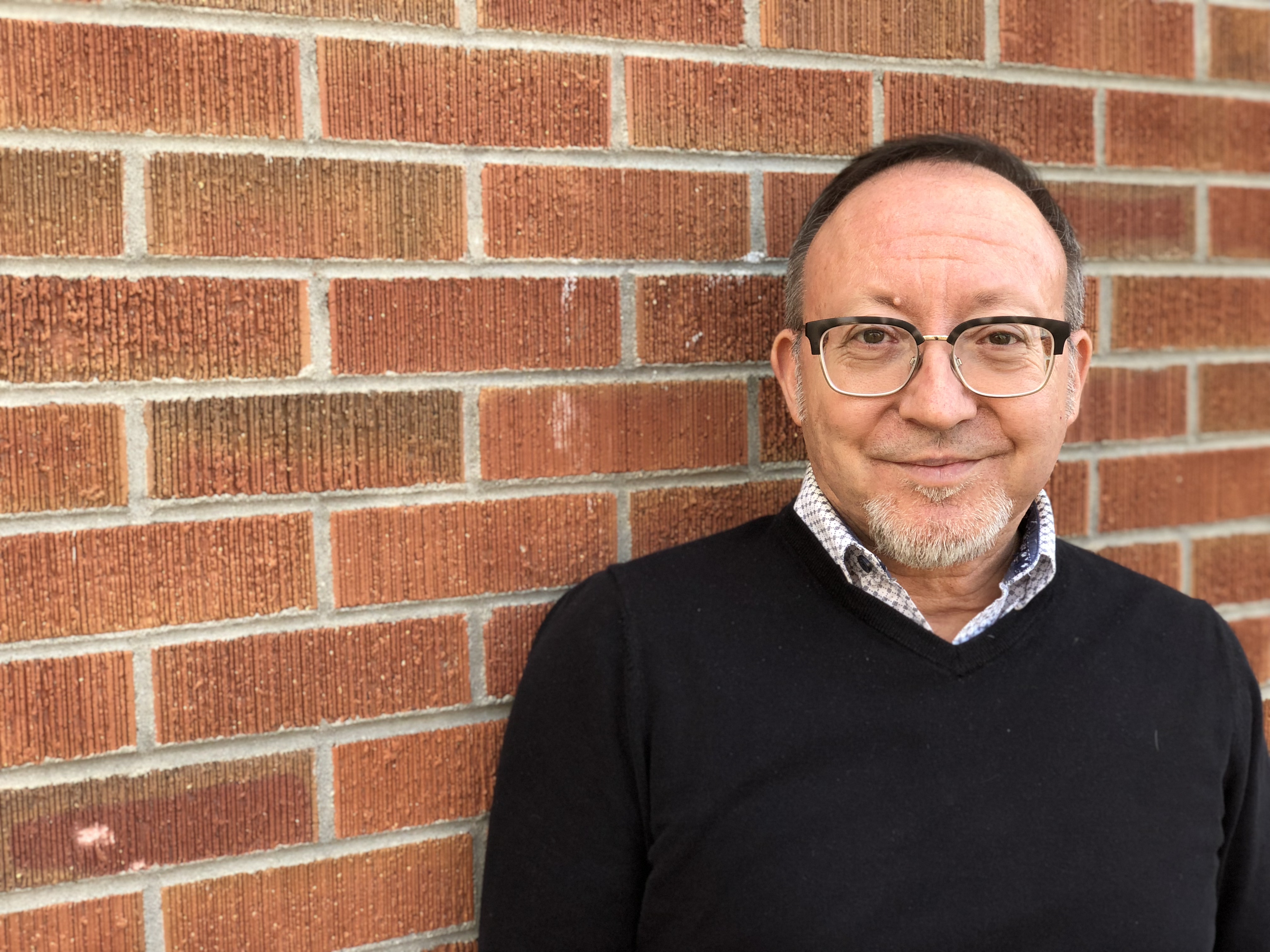Who’s on Your Wall?
My friend Donnie has been helping with decorating my new condo. He actually does this for a living, so he’s used to showing up at people’s homes with an array of possible items. One idea he had for my bedroom wall was taken from a fun picture in the 1960’s. We would put up two long picture shelves and do a collage of personal photos, small paintings and tchotchkes. On the day we were hanging the shelves, Donnie showed up with a collection of vintage looking picture frames he had been lucky to score at Goodwill. I had already been thinking of the daunting project of finding and choosing the pictures to fill these thrift store treasures. But, much to my delighted surprise when Donnie showed up he had already downloaded pictures off of my Facebook page. I loved the photos he had chosen, but it also got me thinking.
He did a fine job of choosing photos—there was one of my clan of cousins when we were younger. He had my brother and I in our matching sweater outfits as teens in the 70’s. There were many of my various friend groups with me at the center of photos for some odd reason. Now, I love all my friends and believe me, working at WGA for decades I’ve got quite an amazing community around me. But who would I really want in this photo collage? Who do I feel particularly close to with a sense of mutuality in our friendship. Who am I invested in and also feel invested in by them? Who knows me authentically, supports me and has my back? I think we’re all asking these questions when we think of our inner circle of community.
Connecting with Others and Developing a Support System
In my last two blogs (Part 1 & Part 2) we defined some different types of abuse and discussed the beginning steps in a journey of recovery. There’s the balance of working on one’s self and addressing the real trauma. But what can undergird this process? Yes, relationship and community. It’s out of relationship that we are wounded and the very thing God will use to bring us healing.
I also mentioned in the last articles that I would highly recommend finding a trusted therapist to help through this process. Revisiting trauma is no light thing. WGA is connected to many wonderful, empathetic and trusted counselors in the Denver area if a referral is needed. You can also find a safe community within support, recovery or therapeutic groups. Our Thursday night group can be an appropriate place to talk through what you are learning with your therapist. WGA has also done many Survivors of Abuse groups over the years. And, as my collage photo wall suggests, who might be one or two trusted friends you might let into your healing work? When surrounded by helpful people, it’s easy to realize you’re not alone and not the only one who has experienced deep relational wounds.
The “Why’s” of Support
We all need community around us. We are designed by our very relational God, to be in meaningful, intimate relationships. So how does support and community undergird a process of healing from abuse? First it encourages you to practice finding safe people in your life. That’s why a therapist is a good place to start. But what does a safe person look like? Someone who loves and accepts you right where you are. They speak the truth in love. They are empathetic and will also share their flaws as well as hopes and dreams. When a safe person is near and trust is being built, you might begin taking small steps in vulnerability. What are a few small things you might let this person know about you?
Having a safe community around you also offers the opportunity to practice different ways of relating. We often call our Thursday night support group “a learning laboratory”—you can practice relationally in this environment with the things you are learning. And if you’re like me, you probably have a very skewed opinion and image of yourself at times. Being in a supportive community gives you a chance to hear different opinions about yourself. We need “healthy mirrors” around us which will show us who we really are and worthy of love and care.
Wounded Healers
I was in my bedroom praying the other day and I was glad for the dear faces of friends and family perched on those picture rails. Many people in those photos have been important in my own healing over the years. There is deep gratitude for them and my friend Donnie who has created such a comforting, intimate space.
I’m reminded of the lovely quote by Catholic priest, Henri Nouwen. “Nobody escapes being wounded. We are all wounded people, whether physically, emotionally, mentally, or spiritually. The main question is not, How can we hide our wounds?’ so we don’t’ have to be embarrassed, but ‘How can we put our woundedness in the service of others?’ When our wounds cease to be a source of shame, and become a source of healing, we have become wounded healers.” (Bread for the Journey, July 8th). Amen. In my next blog, we’ll discuss what healing can look like from the consequences of abuse.

Scott Kingry
Program Director
Although he holds a degree in graphic arts, he attributes his ministry qualifications to the “school of hard knocks.” God’s abundant grace continues to be the instrument of growth in his life, and he desires to be firmly grounded in the forgiveness and freedom of relationship with Jesus Christ.
Scott attends a Presbyterian Church.
Make a Difference in Someone's Life
If you enjoy reading WGA’s blogs and would like to show your support, please consider making a donation. Where Grace Abounds is a 501(c)3 non-profit organization. The majority of services, including support groups and discipleship counseling, are provided free of charge. Your financial gifts help to cover the costs associated with offering a free program to those who seek WGA’s services.

